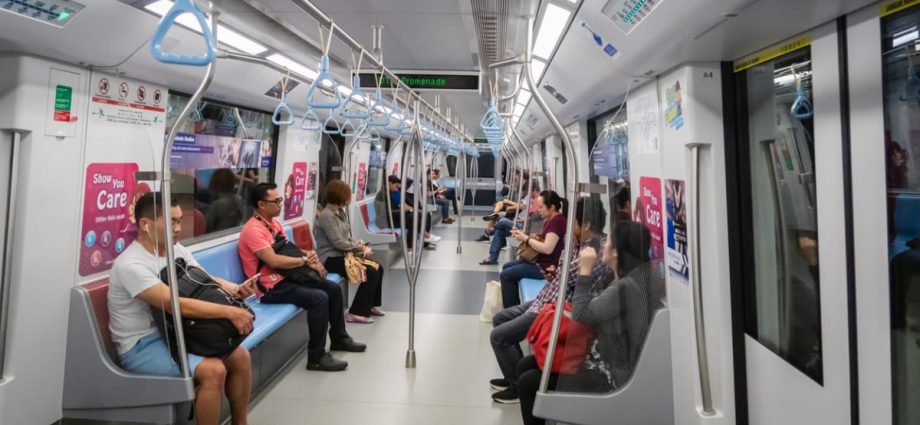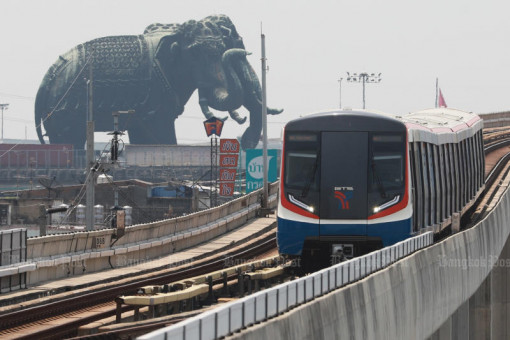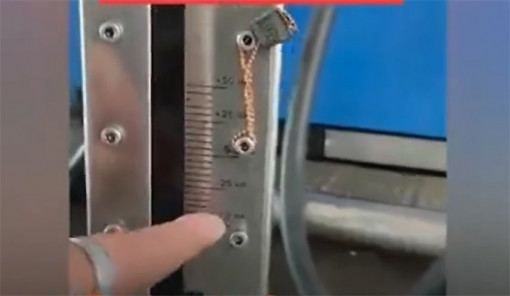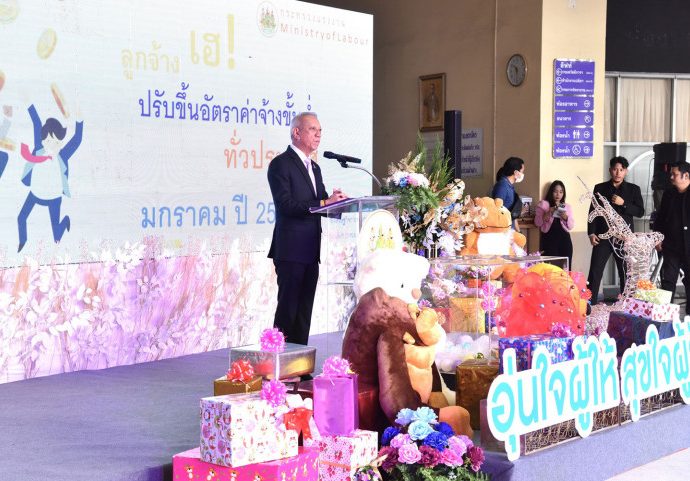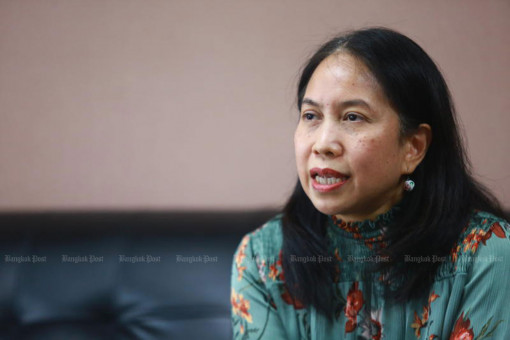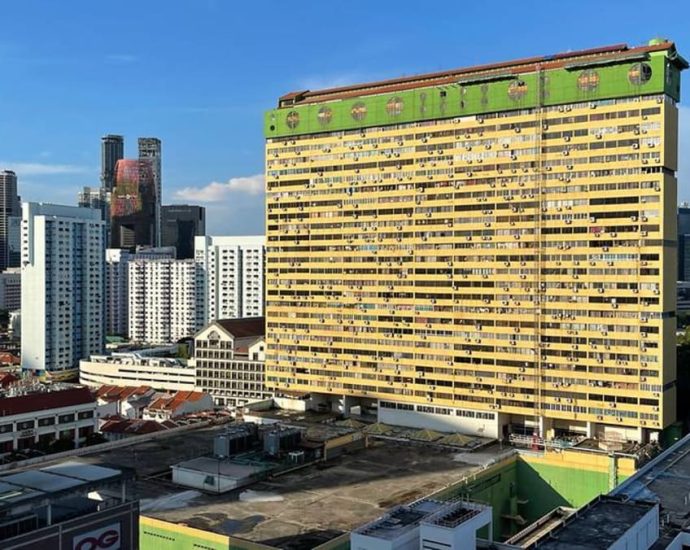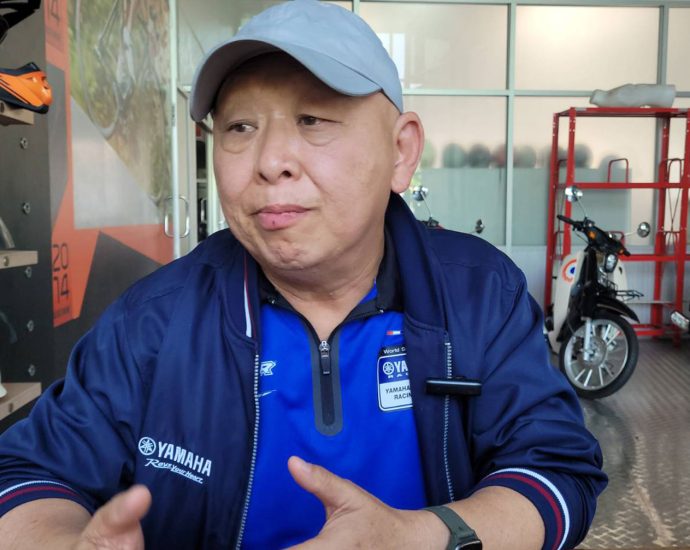Commentary: Public transport fares are going up. Is there a case to lower them instead?
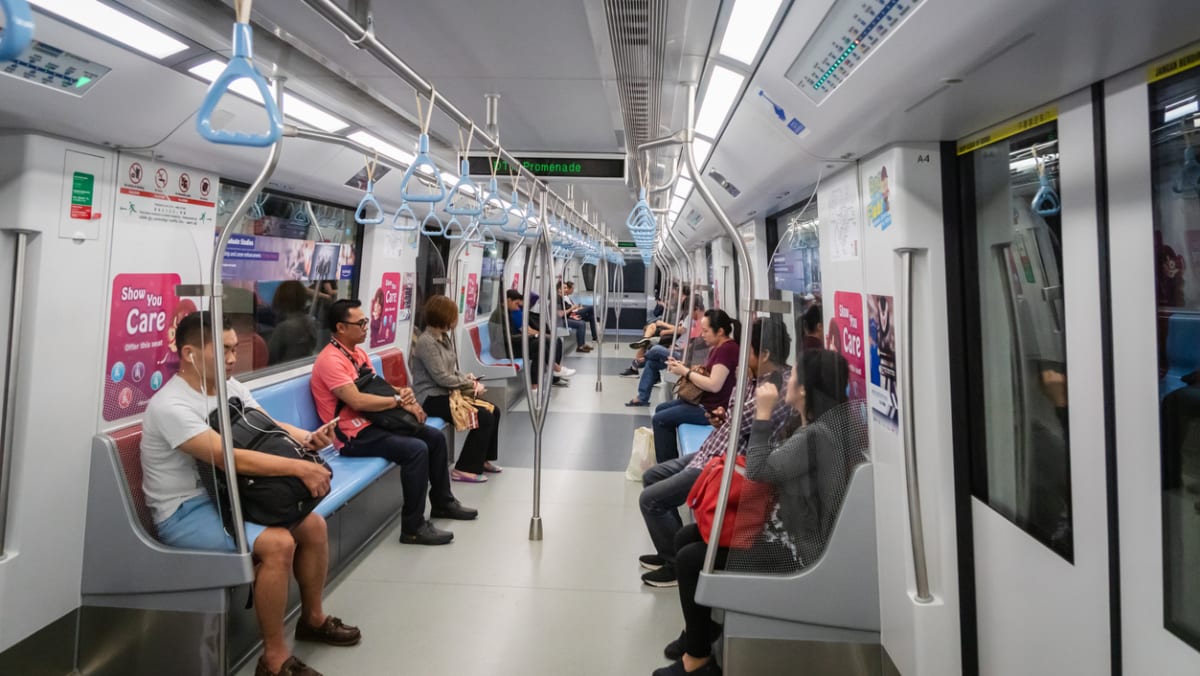
LOW RISK OF EXCESSIVE USE
One consideration that strengthens the case for further subsidising public transport is the lower risk of excessive consumption.
For any public subsidy, there is a need to consider its impact on incentives and fiscal sustainability. Subsidising fuel, electricity or water may encourage inefficient use and excessive consumption.
Even healthcare, another merit good, is prone to the “buffet syndrome” if costs are fully borne by the state or insurers, which could lead to an unsustainable increase in demand and public expenditure.
On the other hand, travel is usually a means to an end – we take it to get to work or run errands – rather than as an end in itself.
Would there be a surge in demand for public transport just because fares were lowered? That seems unlikely.
Besides, a cautious policymaker could guard against the risks of overconsumption, such as by limiting discounted fares to two bus or MRT trips a day, with subsequent travel charged at the regular rate.
The idea of free or discounted fares is not in fact new to Singapore. In 2013, a trial programme was launched offering free transit for early morning travellers in a bid to reduce peak hour crowding on trains. This resulted in a 7 per cent reduction in the number of commuters during the morning peak period, albeit lower than the target 10 to 20 per cent.
This initiative has since been replaced by a 50-cent discount for those who begin their commute before 7.45am.
Lost revenue from extending discounted fares would, of course, have to be recovered elsewhere – whether from the state or from higher fares for those who commute more frequently.

